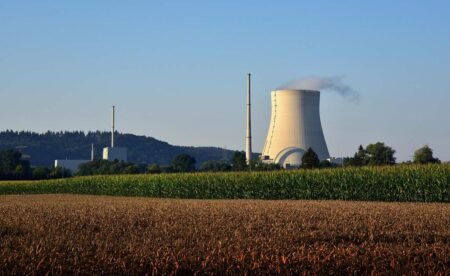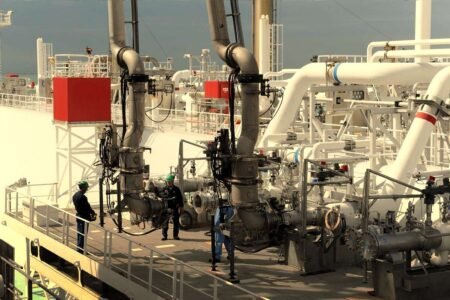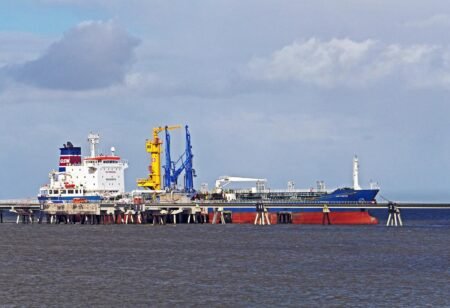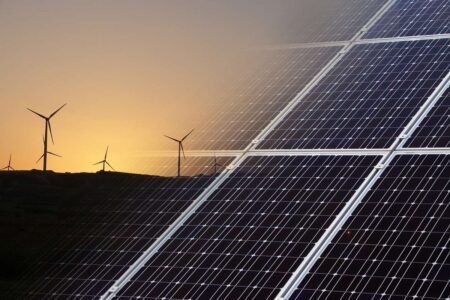The European Commission has selected 70 projects to help decarbonise transport by installing the infrastructure needed for recharging or refueling the different transport modes.

The projects will receive over €600 million in funding from the EU’s ‘Connecting Europe Facility’ to stimulate sustainable investments in urban areas, including ports and airports, as well as along road sections of the trans-European transport network (TEN-T). The grants will be used to electrify and decarbonise road, maritime, inland waterway and air transport along the trans-European transport network.
“These investments will strengthen our competitiveness and help make the transition to zero-emission mobility easier and more accessible for all citizens,” said Transport Commissioner Apostolos Tzitzikostas.
Europe’s transport network will be electrified through the installation of more than 1,000 electric recharging points for light-duty vehicles with a capacity of 150 kW. 2,000 new recharging points for heavy-duty vehicles will deliver a capacity of 350kW and 586 recharging points with a 1 MW power output. Additionally, 16 European airports will electrify their ground handling services, making a key contribution towards reducing aviation emissions.
The hydrogen economy will also be boosted through the installation of 38 hydrogen refuelling stations for cars, trucks and buses. Finally, 24 maritime ports will benefit from the integration of greener technologies, including Onshore Power Supply (OPS), electrification of port services and ammonia bunkering facilities to fuel maritime vessels.
Alternative Fuels Infrastructure Facility (AFIF) is seen as a key driver of EU efforts to expand alternative fuel supply infrastructure across its trans-European transport network. This complements the ReFuelEU Aviation and FuelEU Maritime Regulations, which aim to decarbonise the aviation and maritime sectors.
The Commission has announced that due to the exhaustion of funds, the third cut-off will be cancelled. The EU executive will now assess the potential reflows and subsequently prepare a new work programme and call for proposals in the coming months.
Call closure information: over €1 billion requested for alternative fuel supply infrastructure







